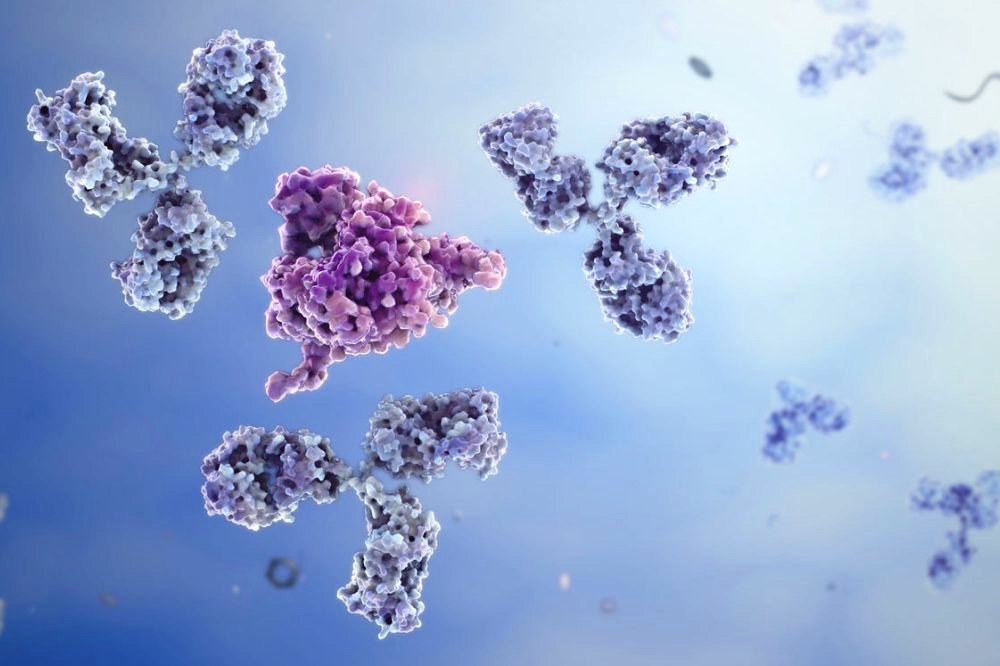
Researchers at NewYork-Presbyterian Hospital/Columbia University Irving Medical Center and the Memorial Sloan Kettering Cancer Center recently sought to understand the subtleties involved in individuals’ response to cancer.
Building on a previous partnership, Dr. Naiyer Rizvi and Dr. Timothy Chan of the cancer study consortium relayed new information establishing a link between patient HLAs and tumor genetic code, according to a hospital press release. Human leukocyte antigens (HLAs) are gene complexes formed as cell-surface proteins that regulate the immune system. Newer treatments with “immune checkpoint inhibitors” are used to improve immune response.
Previously, the oncologists demonstrated the extent of cell damage resulting from drug response, publishing their results in a 2015 edition of Science; now, they have discovered, individuals possessing a greater variety of HLAs experienced better therapeutic outcomes than patients with low-diversity HLAs and fewer tumor mutations, who fared less well.
In addition, Rizvi and Chan’s new study involving 1,535 cancer patients identified how some HLA patterns impact survival rates, the release said.
“The relationship between HLA and outcomes to immune checkpoint inhibitors is important for many reasons,” Dr. Rizvi said. “It is another piece of the immunotherapy puzzle — who responds and why. It also may be relevant for understanding side effects observed with immunotherapy, and this is an area we are currently exploring.”